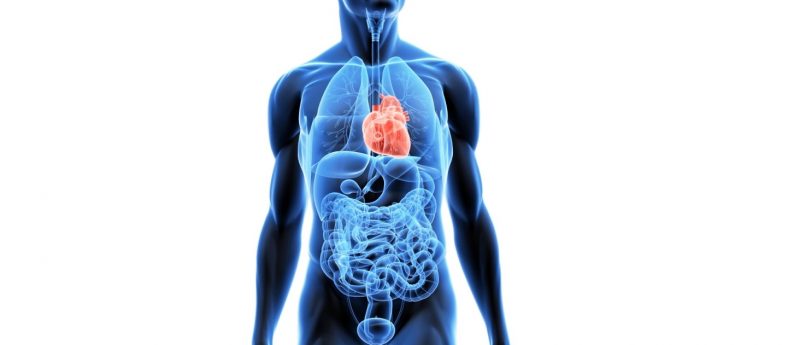CIRM funding a Phase I/II clinical trial investigating a cell therapy for Duchenne muscular dystrophy-associated cardiomyopathy

The California Institute for Regenerative Medicine (CIRM) has awarded biotechnology company Capricor (both CA, USA) US$3.4 million to support their ongoing Phase I/II HOPE-Duchenne Clinical Trial of a cardiac cell therapy for patients with Duchenne muscular dystrophy-associated cardiomyopathy.
Duchenne muscular dystrophy (DMD) is a fatal disease without treatment that affects approximately 20,000 boys and young men in the USA. Caused by a genetic abnormality in the dystrophin complex, patients have membrane fragility with secondary damage to skeletal and cardiac muscle. However, many of the fatalities are caused by cardiomyopathy.
Capricor Therapeutics, Inc. (CA, USA) has been granted $3.38 million by California Institute for Regenerative Medicine (CIRM) to support their Phase I/II HOPE-Duchenne clinical trial investigating CAP-1002, a cardiac cell therapy, in patients with DMD-associated cardiomyopathy.
CAP-1002 is an allogeneic, intracoronary-delivered, cardiosphere-derived cell therapy derived from donor heart tissue that is infused directly into a patient’s coronary artery during a catheterization procedure. The funding was granted under the CIRM 2.0 program, a comprehensive collaborative initiative designed to accelerate the development of stem cell-based treatments for patients with unmet medical needs.
“This grant award from CIRM provides significant validation of the therapeutic potential of CAP-1002 for patients with DMD-associated cardiomyopathy, a debilitating condition for which there is currently no approved treatment,” explained Linda Marbán, president and chief executive officer of Capricor. “These non-dilutive funds will be invaluable as we execute the HOPE-Duchenne clinical trial, for which we expect to report topline results during the first quarter of 2017.”
Capricor also reported the completion of enrollment of the pre-specified first patient cohort in the HOPE-Duchenne trial, which is a multi-center randomized open-label usual care-controlled study evaluating the safety and preliminary efficacy of CAP-1002 in 24 male patients with DMD who have significant cardiac involvement.